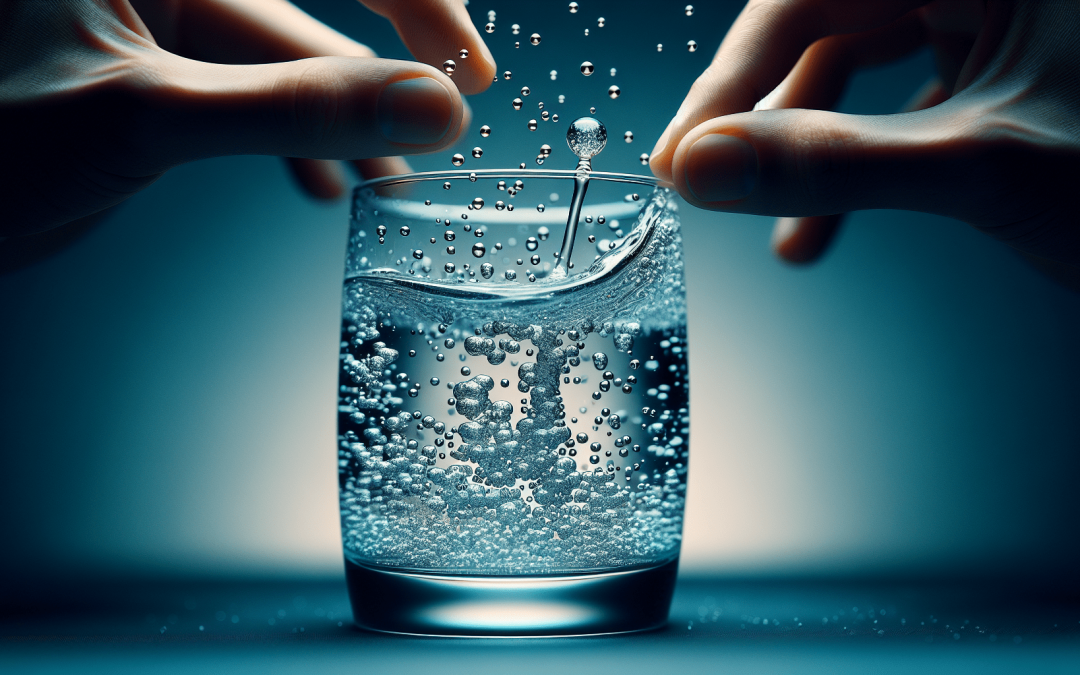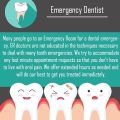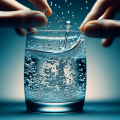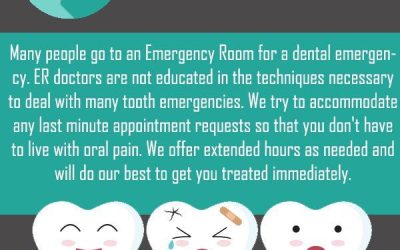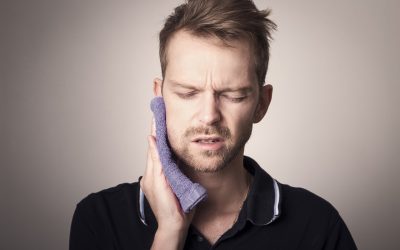So, you’ve found yourself in a situation where you’ve experienced a chemical burn in your mouth. That can be pretty uncomfortable and concerning, but don’t panic just yet. Chemical burns in the mouth can happen due to various reasons, such as accidentally ingesting or coming into contact with harmful chemicals. In this article, we’ll explore some practical steps you can take to address a chemical burn in your mouth and ease your discomfort. But remember, if you’re faced with a severe burn or are unsure about the severity, it’s always best to seek medical attention immediately.
Stay Calm
Experiencing a chemical burn in your mouth can be a distressing situation, but it’s important to stay calm. Panicking may only aggravate the situation and hinder your ability to effectively handle the burn. Take a moment to collect yourself, and remind yourself that there are steps you can take to alleviate the pain and minimize the damage.
Take deep breaths
Deep breathing is a technique that can help you calm your mind and regulate your emotions. By taking slow, deep breaths in through your nose and exhaling through your mouth, you can activate your body’s relaxation response. This can help reduce any anxiety or stress you may be feeling due to the chemical burn.
Focus on staying calm
While it’s natural to feel alarmed after experiencing a chemical burn in your mouth, it’s important to focus on staying calm. Panicking may lead to rapid breathing or hyperventilation, which can exacerbate any pain you may be experiencing. Instead, try to maintain a calm and composed mindset, as this will allow you to effectively address the situation and seek the appropriate treatment.
Spit Out the Substance
One of the first actions you should take after a chemical burn in your mouth is to spit out the substance that caused the burn. Do not swallow it, as this can further irritate your mouth and potentially lead to additional complications.
Spit out the substance immediately
As soon as you realize that a harmful substance has come into contact with your mouth, it is crucial to spit it out immediately. Aim to remove as much of the substance from your mouth as possible. This quick action can help minimize the damage caused by the chemical and prevent it from further affecting your mouth and throat.
Rinse Your Mouth
Rinsing your mouth with cool water is another important step in managing a chemical burn. This simple yet effective technique can help remove any residual chemicals from your mouth and provide temporary relief.
Use cool water
When rinsing your mouth, use cool water rather than hot or cold water. Cool water can help soothe the affected area and provide a refreshing sensation. It is important to avoid using water that is too hot or too cold, as extreme temperatures can potentially intensify the pain or cause further damage to your mouth.
Gently swish the water around your mouth
While rinsing, gently swish the water around your mouth for a few seconds, ensuring it reaches all areas that may have been affected by the chemical burn. This motion can help dislodge any remaining chemicals and promote their expulsion from your mouth. Take care not to vigorously swish the water, as this may lead to additional discomfort or irritation.
Spit out the water
After swishing the water around your mouth, spit it out. This will ensure that any lingering chemicals or residue are expelled from your mouth, reducing the risk of further harm. Avoid swallowing the water, as it may contain harmful substances that could further irritate your mouth or throat.
Remove Any Remaining Substance
Upon spitting out the initial substance, it is essential to assess your mouth for any remaining residue. If there is any visible residue or substance left behind, it should be removed promptly to prevent further damage or potential complications.
If visible, remove any residual substance from your mouth
Carefully inspect your mouth to identify if there are any visible remnants of the substance that caused the chemical burn. Using clean hands, gently remove any remaining remnants by either lightly pulling them out or wiping them away. Take caution to avoid pulling or scraping forcefully, as this may lead to further injury or irritation.
Avoid pulling or scraping
While it may be tempting to forcefully scrape or pull at any remaining substance, it is essential not to do so. This can potentially worsen the burn, cause pain, or damage the delicate tissues in your mouth. Gentle and cautious removal is key to prevent any additional trauma.
Use a clean cloth or gauze to gently wipe the area
To aid in the removal of any residual substance, you can use a clean cloth or gauze to gently wipe the affected area. Dampen the cloth or gauze with cool water, ensuring it is not soaked or dripping. Gently dab or wipe the area where the substance was present, being mindful not to apply excessive pressure. This action can help remove any remaining residue and provide some relief.
Don’t Drink or Eat Anything
After experiencing a chemical burn in your mouth, it is crucial to avoid consuming any food or beverages for a period of time. Ingesting anything, including plain water, may further irritate the burned area and impede the healing process.
Avoid consuming food or beverages
To give your mouth time to recover and prevent any additional irritation, refrain from consuming any food or beverages immediately after a chemical burn. This will allow the affected area to rest and minimize the chances of aggravating the injury.
This can further irritate the burned area
Drinking or eating anything soon after a chemical burn can worsen the discomfort and prolong the healing process. The substances in food and beverages, such as spices or acids, may exacerbate the burn and cause further pain. It is crucial to give your mouth time to recover and avoid any unnecessary discomfort.
Refrain from consuming acidic or spicy foods as well
In addition to avoiding food and beverage consumption, it is advisable to avoid acidic or spicy foods until the burn has healed completely. Acidic foods, such as citrus fruits or tomatoes, as well as spicy foods, can cause a burning sensation and irritate the already sensitive tissues in your mouth. Opt for softer, bland foods during this time to ensure minimal irritation.
Avoid Touching or Poking
After a chemical burn, it is important to keep your fingers away from the affected area. Touching or poking the burned area can introduce infection, exacerbate the pain, or delay the healing process.
Keep your fingers away from the affected area
It can be tempting to touch or probe the burned area out of curiosity or to assess the damage. However, it is crucial to resist this temptation and keep your fingers away from the affected area. Touching the burn can introduce bacteria or other harmful substances, potentially leading to infection or further complications.
Poking or touching can cause further damage or introduce infection
Poking or touching the chemical burn in your mouth can cause additional damage to the already compromised tissues. The introduction of bacteria or contaminants from your hands can result in infection, which can significantly prolong the healing process. It is essential to prioritize the cleanliness and protection of the affected area by refraining from touching or poking it.
Apply Cold Compress
If you notice any swelling as a result of the chemical burn, applying a cold compress can provide relief and help reduce inflammation. This simple remedy can help alleviate discomfort and aid in the healing process.
If there is swelling, apply a cold compress
Swelling is a common symptom of burns, including chemical burns in the mouth. If you observe any swelling around the affected area, applying a cold compress can be beneficial. The cold temperature can help constrict blood vessels and reduce inflammation, providing relief from pain and discomfort.
Wrap an ice pack or a bag of frozen vegetables in a thin cloth
To create a cold compress, you can wrap an ice pack or a bag of frozen vegetables in a thin cloth or towel. This protective layer will prevent direct contact between the cold object and your skin, reducing the risk of frostbite or any further damage.
Hold it gently against the outside of your mouth
Once you have prepared the cold compress, gently hold it against the outside of your mouth, where the swelling is present. Avoid applying excessive pressure, as this may cause additional pain or discomfort. Allow the cold compress to remain in place for around 10 to 15 minutes, and repeat this process every few hours as needed.
Do Not Use Home Remedies
While it may be tempting to try various home remedies in an attempt to alleviate the pain and promote healing, it is essential to avoid using them in the case of a chemical burn in your mouth. Home remedies such as rubbing alcohol, aspirin, or toothpaste can worsen the burn and hinder the healing process.
Avoid using home remedies like rubbing alcohol, aspirin, or toothpaste
Common misconceptions suggest that home remedies like rubbing alcohol, aspirin, or toothpaste can provide relief for chemical burns. However, these substances can be harsh, abrasive, or drying, exacerbating the injury and delaying the healing process. It is best to avoid using these remedies and instead focus on the recommended steps to manage the burn effectively.
They can further aggravate the burn and delay healing
Home remedies may seem like a quick fix, but they can actually worsen the burn and prolong the healing process. Substances like rubbing alcohol can cause drying and irritation, while aspirin can thin the blood, potentially preventing proper clotting. Similarly, toothpaste may contain ingredients that can further irritate the already sensitive tissues in your mouth. Prioritize the recommended steps for managing a chemical burn to ensure a swift and successful recovery.
Contact a Medical Professional
If you experience severe pain or notice that the burn is extensive, it is crucial to seek immediate medical attention. Chemical burns in the mouth can vary in severity, and a medical professional will be able to assess the situation and provide appropriate treatment.
If the pain is severe or the burn is extensive
Severe pain or an extensive chemical burn in your mouth indicates the need for immediate medical attention. These symptoms may suggest a more serious burn or potential complications that require professional evaluation and care. Trust your instincts and seek help promptly to ensure the best possible outcome.
Seek immediate medical attention
It is essential not to underestimate the severity or potential risks associated with a chemical burn in your mouth. Seeking immediate medical attention ensures that you receive appropriate care and guidance tailored to your specific situation. Call your doctor or go to the nearest emergency room to receive the assistance you need.
Call your doctor or go to the nearest emergency room
Contacting your primary healthcare provider or visiting the nearest emergency room are both appropriate actions in the case of a chemical burn in your mouth. These medical professionals have the expertise to assess the burn, determine the appropriate treatment, and provide further advice specific to your situation. Do not hesitate to reach out to them for the necessary assistance.
Follow Medical Advice
After seeking medical attention for a chemical burn in your mouth, it is crucial to follow the advice and guidance provided by the medical professional. They will likely prescribe medications or recommend further steps to optimize healing and prevent any complications.
Follow the guidance provided by the medical professional
Medical professionals possess the expertise necessary to guide you through the recovery process after experiencing a chemical burn. It is essential to carefully follow their instructions regarding medication usage, wound care, and any other specific recommendations they provide. This will ensure that you are taking the necessary steps to promote healing and prevent any potential complications.
Take any prescribed medications
If your medical professional prescribes any medications to aid in your recovery, it is extremely important to take them as directed. These medications may include pain relievers, antibiotics to prevent infection, or topical ointments to soothe the burn. Following the prescribed medication regimen is crucial to promote healing and prevent any setbacks.
Attend follow-up appointments if necessary
Depending on the severity of the chemical burn and your specific circumstances, your medical professional may recommend follow-up appointments to monitor your progress. It is important to prioritize these appointments and attend them as scheduled. They provide an opportunity for your medical professional to assess your healing, address any concerns, and make any necessary adjustments to your treatment plan.
In summary, experiencing a chemical burn in your mouth can be distressing, but staying calm and taking immediate action are key to minimizing the damage and ensuring a swift recovery. By spitting out the substance, rinsing your mouth, removing any remaining residue, refraining from eating or drinking, avoiding touching or poking, applying a cold compress, and seeking medical attention when necessary, you can effectively manage a chemical burn. Remember to follow the advice of medical professionals, take any prescribed medications, and attend follow-up appointments if needed. With proper care and attention, you can facilitate the healing process and regain comfort in your mouth.

